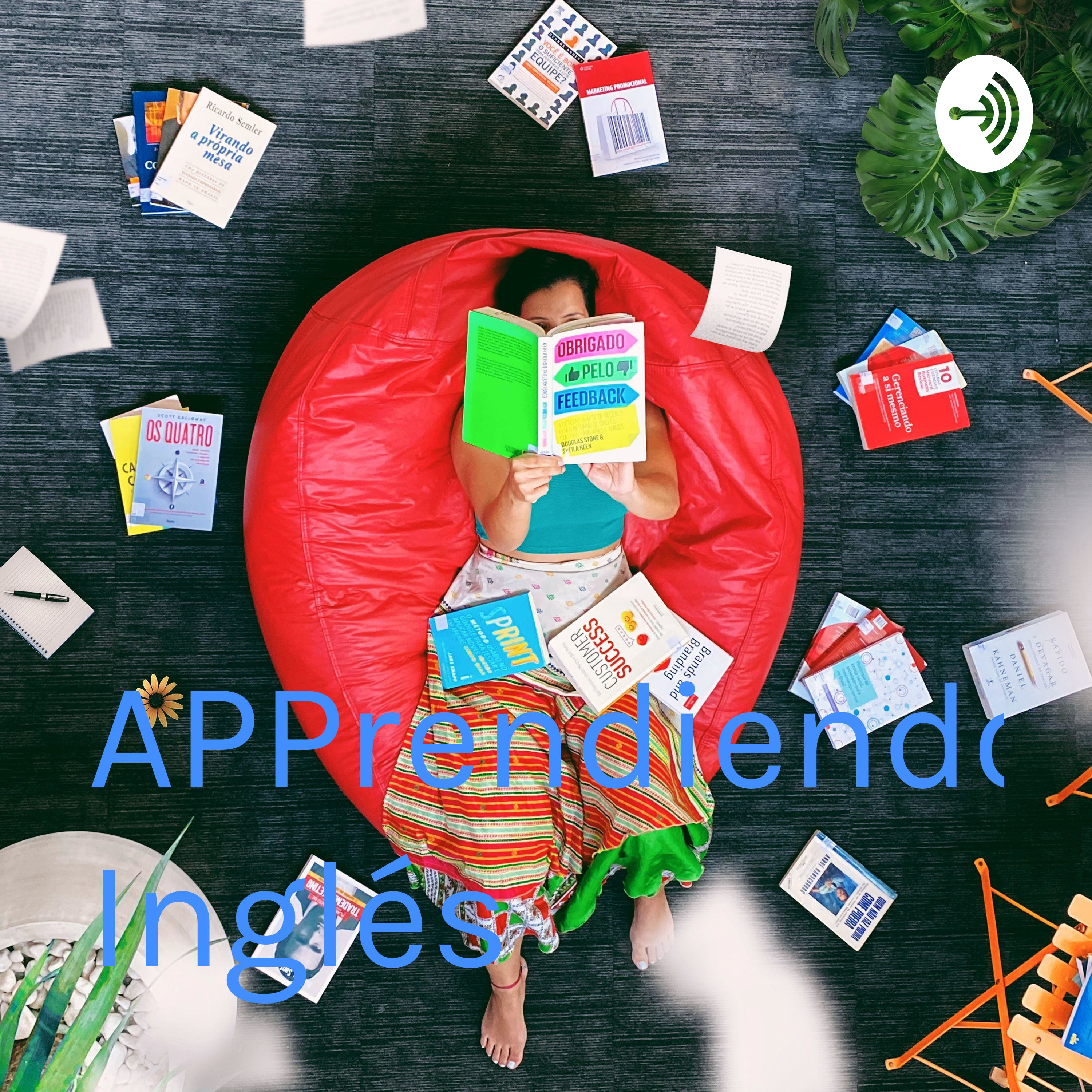 |
In EnglishAuthor: Jomaa
Learn English Language: en Genres: Education, Language Learning Contact email: Get it Feed URL: Get it iTunes ID: Get it |
Listen Now...
Can you dream in another language?
Episode 8
Friday, 24 February, 2023
Can you dream in another language? At first glance, it may not seem surprising that many multilinguals who juggle different languages during the day, and even people who are only beginning to learn a foreign language, also use those languages in their dreams. After all, the language we speak during the day generally carries over into our nights. A study of deaf people and people with hearing loss found, for example, that they communicated in dreams as they did when awake, through sign language. Many of us seem to categorise our dream languages in certain ways, by person, location or life stage. For example, the people in the dream may speak the languages they would speak in real life, while dreams about one's childhood home tend to be in one's childhood language. There are also linguistic anxiety dreams, in which the speaker struggles to make themselves understood in a foreign language, has to catch a train or plane from one linguistic setting to another, or looks for words in a dream dictionary. A Polish study participant reported dreaming of an English word she couldn't figure out – "haphazard" – then looking it up when awake. A Croatian participant dreamed of trying and failing to communicate with a stranger in Italian, German and English before realising they both spoke Polish, and laughing with relief. To understand the link between sleep and language, let's start with just one language: your own. You may think you mastered your native language long ago, but you are actually still constantly updating it. Even adults still learn about one new word every two days in their mother tongue. "Obviously when we're children there's a lot of new word learning, particularly over the first 10 years. But we're doing this all the time, we just don't really notice," says Gareth Gaskell, a psychology professor who leads the sleep language and memory lab at the University of York. I think: If you dream about a language you are learning, this can be a good sign. People tend to dream about events from their lives, especially things that happened the day before. You are more likely to have dreams related to your new language if you practice that language regularly. It may also mean that you are absorbing the language's vocabulary and grammar to the point that you can have basic conversations and think in your new language. Some multilinguals say they have dreams in different languages they know, so as you become more familiar with a language, it can appear more often in your dreams. What do you think?











